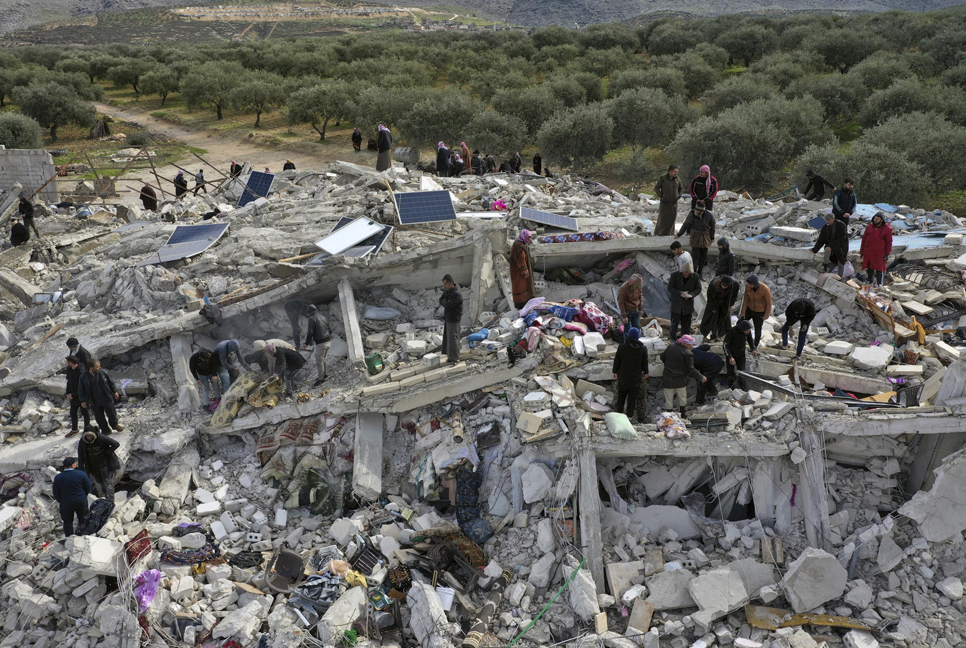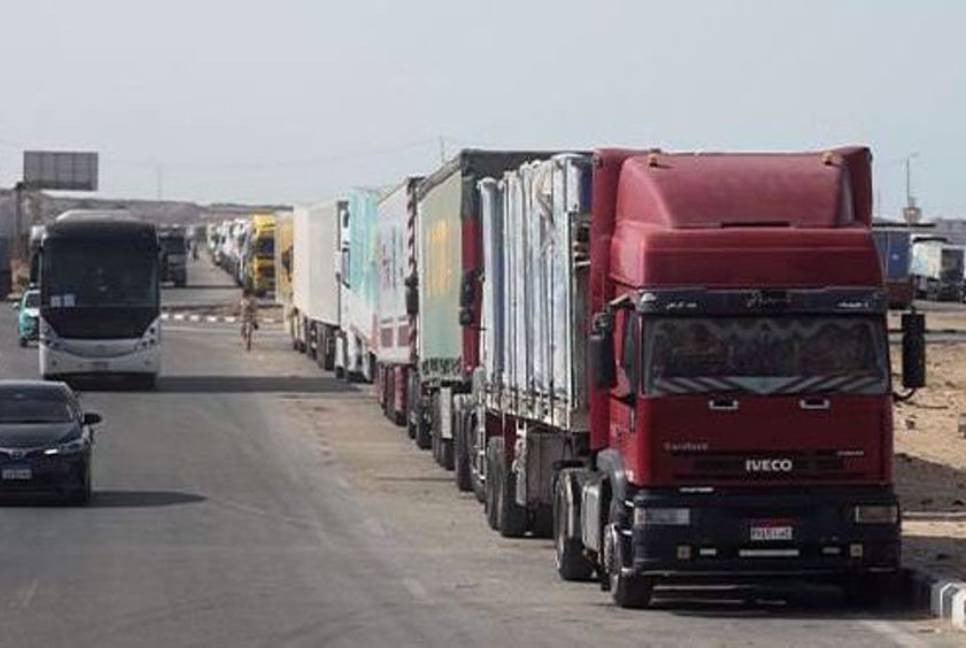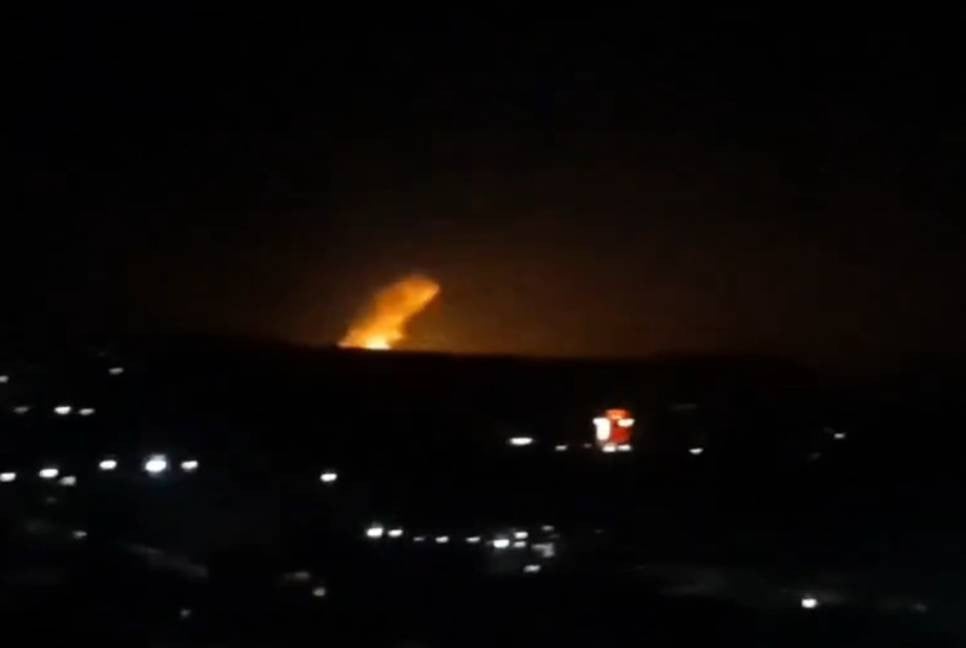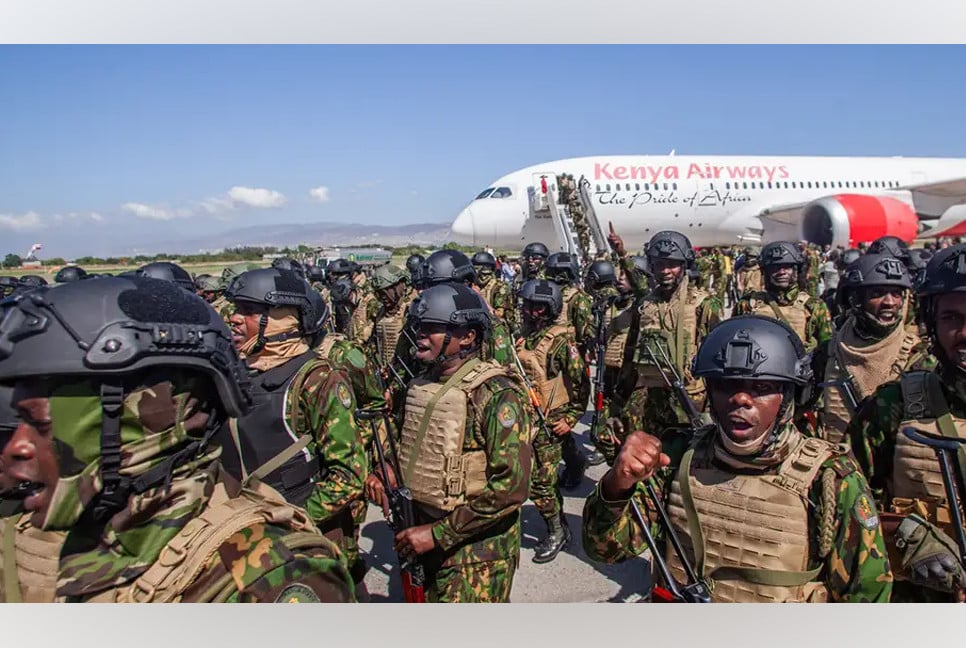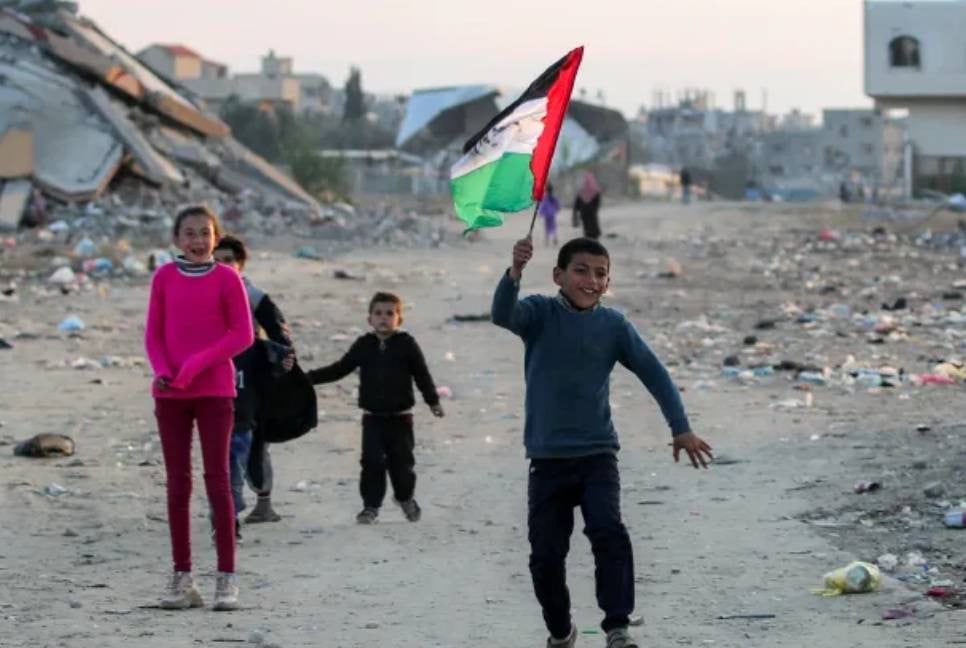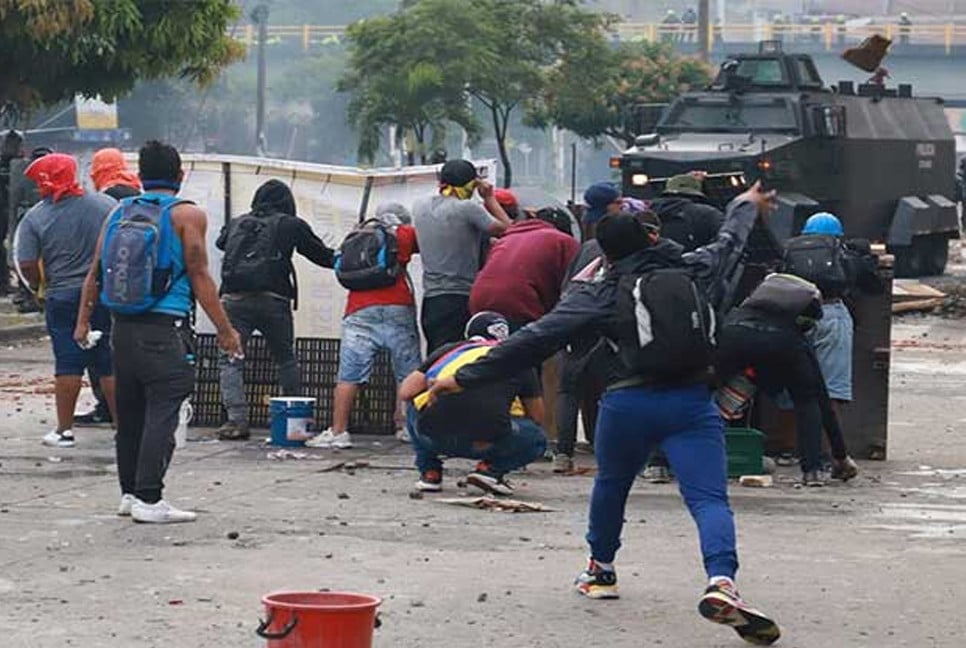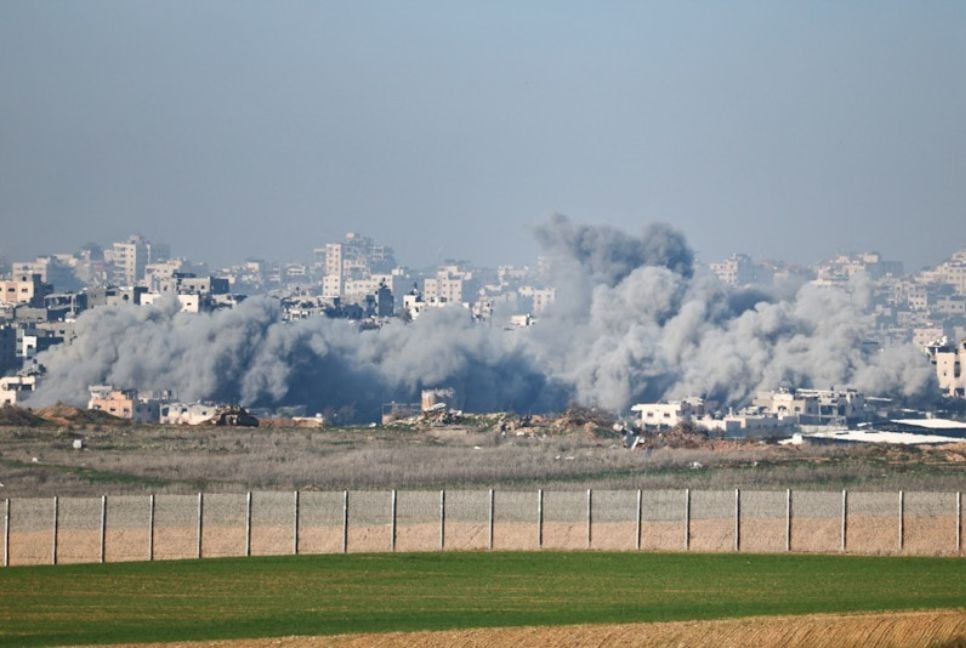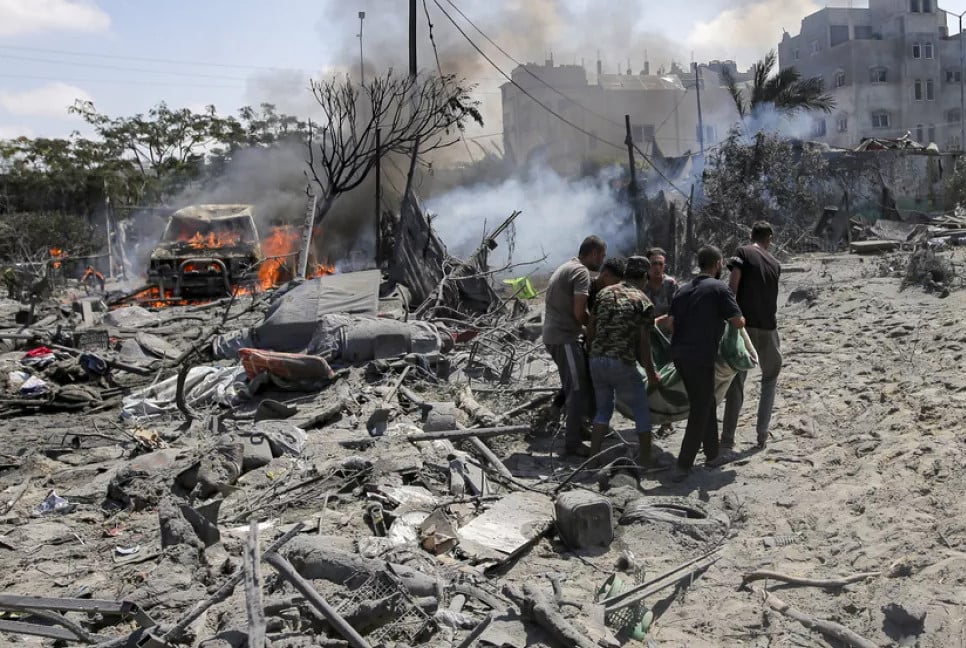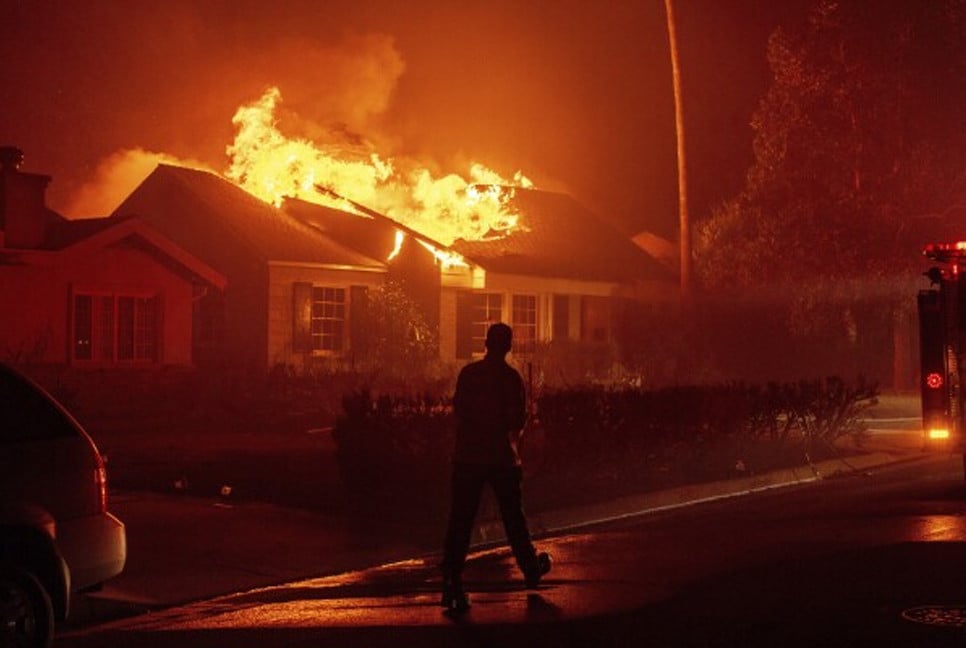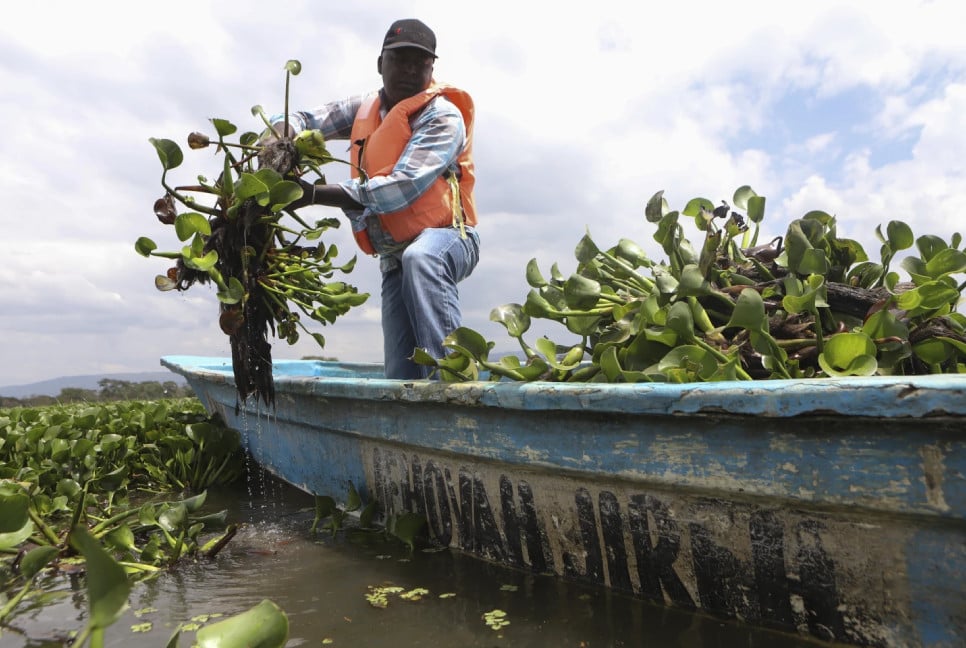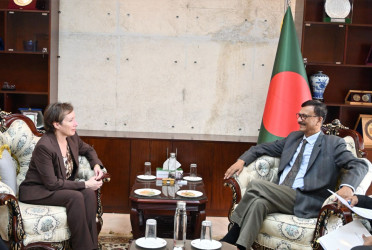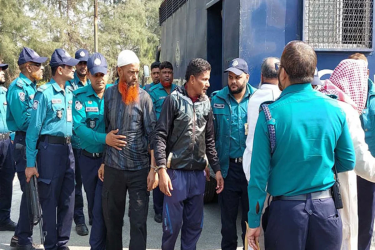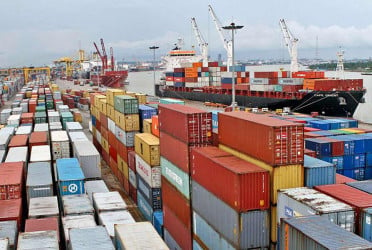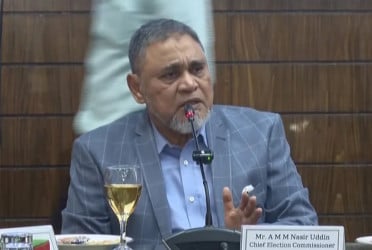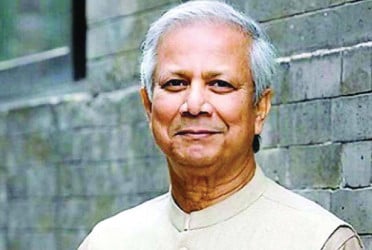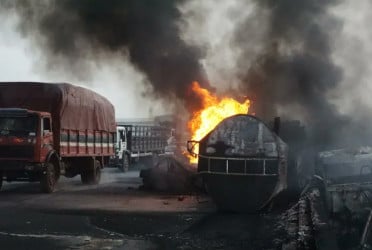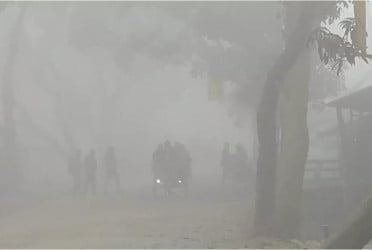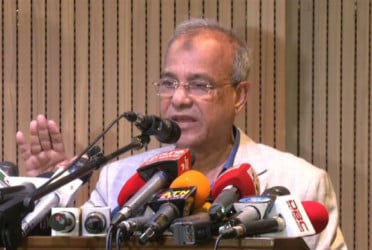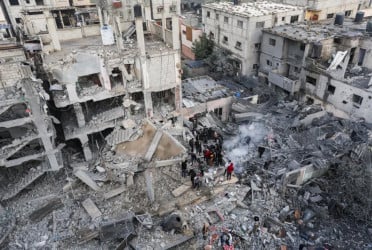Rescuers raced against time early on Wednesday to pull survivors from the rubble before they succumbed to cold weather two days after an earthquake tore through southern Turkey and war-ravaged northern Syria. The death toll climbed above 7,700 and was expected to rise further, reports UNB.
The last two days have brought dramatic rescues, including small children emerging from mounds of debris more than 30 hours after Monday's pre-dawn quake. But there was also widespread despair and growing anger at the slow pace of rescue efforts in some areas.
“It’s like we woke up to hell,” said Osman Can Taninmis, whose family members were still beneath the rubble in Hatay, Turkey's hardest-hit province. “We can’t respond to absolutely anything. Help isn’t coming, can’t come. We can’t reach anyone at all. Everywhere is destroyed.”
In Syria, residents found a crying newborn still connected by the umbilical cord to her mother, who was dead. The baby was the only member of her family to survive a building collapse in the small town of Jinderis, relatives told The Associated Press.
Search teams from nearly 30 countries and aid pledges poured in. But with the damage spread across several cities and towns — some isolated by Syria's ongoing conflict — voices crying for help from within mounds of rubble fell silent.
Monday's magnitude 7.8 quake and powerful aftershocks cut a swath of destruction that stretched hundreds of kilometers (miles) across southeastern Turkey and neighboring Syria. The shaking toppled thousands of buildings and heaped more misery on a region wracked by Syria’s 12-year civil war and refugee crisis.
Turkey is home to millions of refugees from the war. The affected area in Syria is divided between government-controlled territory and the country’s last opposition-held enclave, where millions rely on humanitarian aid to survive.
Unstable piles of metal and concrete made the search efforts perilous, while freezing temperatures made them ever more urgent, as worries grew about how long trapped survivors could last in the cold. Snow swirled around rescuers in parts of Turkey.
The scale of the suffering — and the accompanying rescue effort — were staggering.
Adelheid Marschang, a senior emergencies officer with the World Health Organization, said up to 23 million people could be affected in the entire quake-hit area, calling it a “crisis on top of multiple crises.”
Turkish President Recep Tayyip Erdogan said 13 million of the country's 85 million people were affected, and he declared a state of emergency in 10 provinces. More than 8,000 people have been pulled from the debris in Turkey, and some 380,000 have taken refuge in government shelters or hotels, authorities said.
But authorities faced criticism from residents of hard-hit Hatay, sandwiched between Syria and the Mediterranean Sea, who say rescue efforts have lagged. Erdogan's handling of the crisis could weigh heavily on elections planned for May, and his office has already dismissed the criticism as disinformation.
Nurgul Atay told The Associated Press she could hear her mother’s voice beneath the rubble of a collapsed building in the Turkish city of Antakya, the capital of Hatay province. But rescuers did not have the heavy equipment needed to rescue her.
“If only we could lift the concrete slab, we’d be able to reach her,” she said. “My mother is 70 years old, she won’t be able to withstand this for long.”
Health Minister Fahrettin Koca said 1,647 people were killed in Hatay alone, the highest toll of any Turkish province. At least 1,846 people had been rescued there as of Tuesday evening, he said. Hatay’s airport was closed after the quake destroyed the runway, complicating rescue efforts.
Bd-pratidin English/Tanvir Raihan

